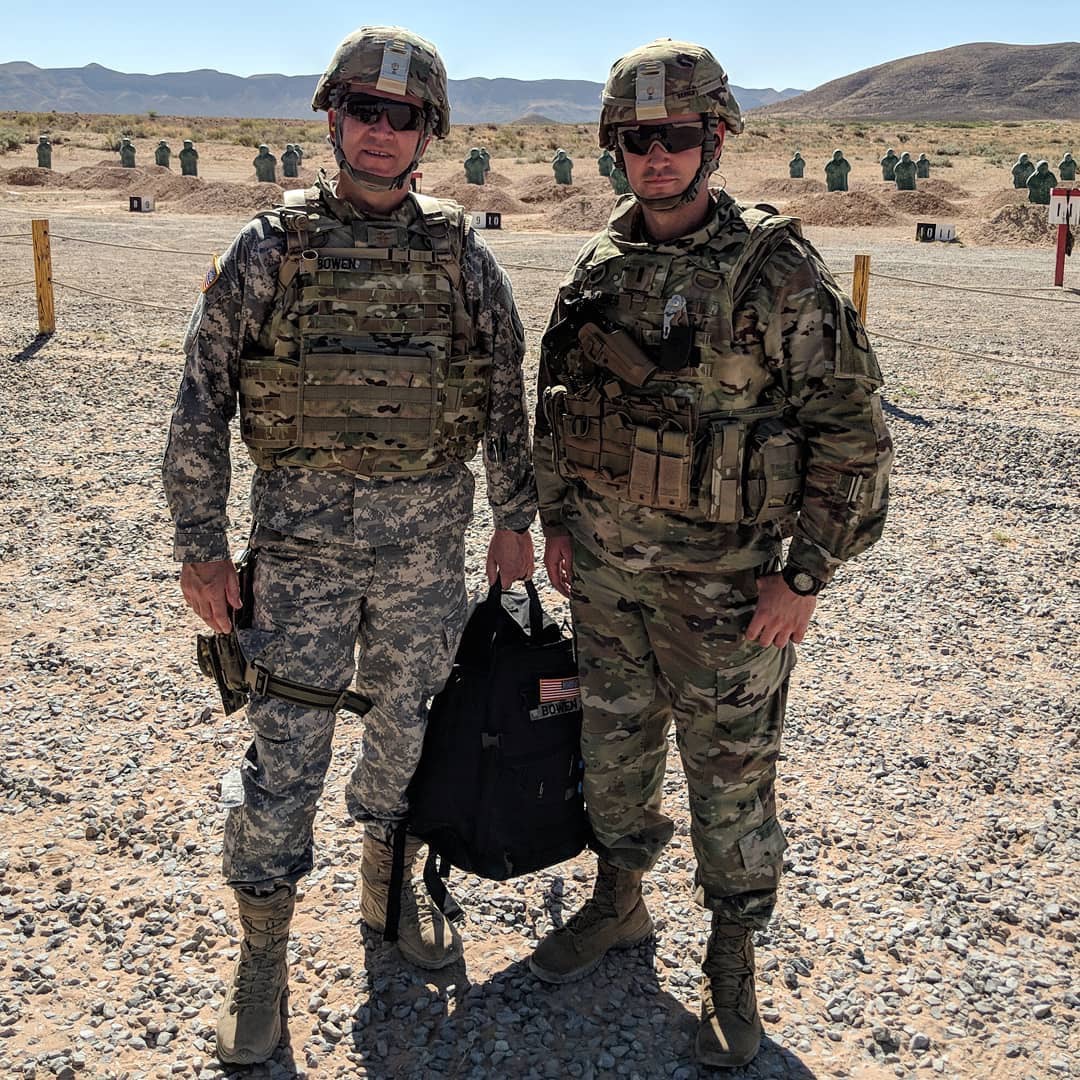
Current Utah law does not compensate soldiers for what they would lose from being out of work if they’re injured in state active duty. Some Utah legislators are trying to change that.
Rep. Val Peterson, R-Orem, is sponsoring HB232, which would equalize the benefits between state active duty and federal active duty soldiers.
“If we put a soldier on state active duty, what we’re trying to do here is make sure if they get injured, the adjutant general can make a determination that they’ve been injured and have a disability, and then the state workers compensation would kick in,” Peterson said. “Then we would make up the difference in the salary from the National Guard.”
The bill also includes a substitution that would ensure if a soldier received disability benefits, they could only receive compensation up to the amount of what their National Guard salary would be and not receive a double payment.
Peterson said he feels this bill is important because of the many wildfires last year. According to Peterson, many soldiers were activated on state active duty because of the wildfires.
“This is just to make sure that if something happens, they would have the same benefits on state status as they would if they were on federal status,” Peterson said.
Maj. Gen. Jeff Burton, the acting Utah Adjutant General, also spoke on behalf of the bill. He said HB232 wouldn’t cost the state anything because the National Guard would absorb the costs. He also said the guard doesn’t expect many injuries, as a state active duty soldier hasn’t been significantly injured for 20 years.
However, Burton still believes the bill is important because “a lot of these soldiers are working for a lot less during National Guard status than they are in their civilian jobs,” and they may still make less money from this extra compensation than if they could work.
According to the bill’s text, if a service member is injured or contracts a disease during active duty and the adjutant general determines that it happened due to the person’s own fault or neglect, they will not receive National Guard compensation.
The bill also says that if a service member dies in state active duty, their surviving spouse and children will receive state compensation. Peterson said HB232 is endorsed by the Utah Labor Commission.
HB232 passed unanimously in the House Government Operations Committee Wednesday, Feb. 13. It will be discussed on the House floor next.




